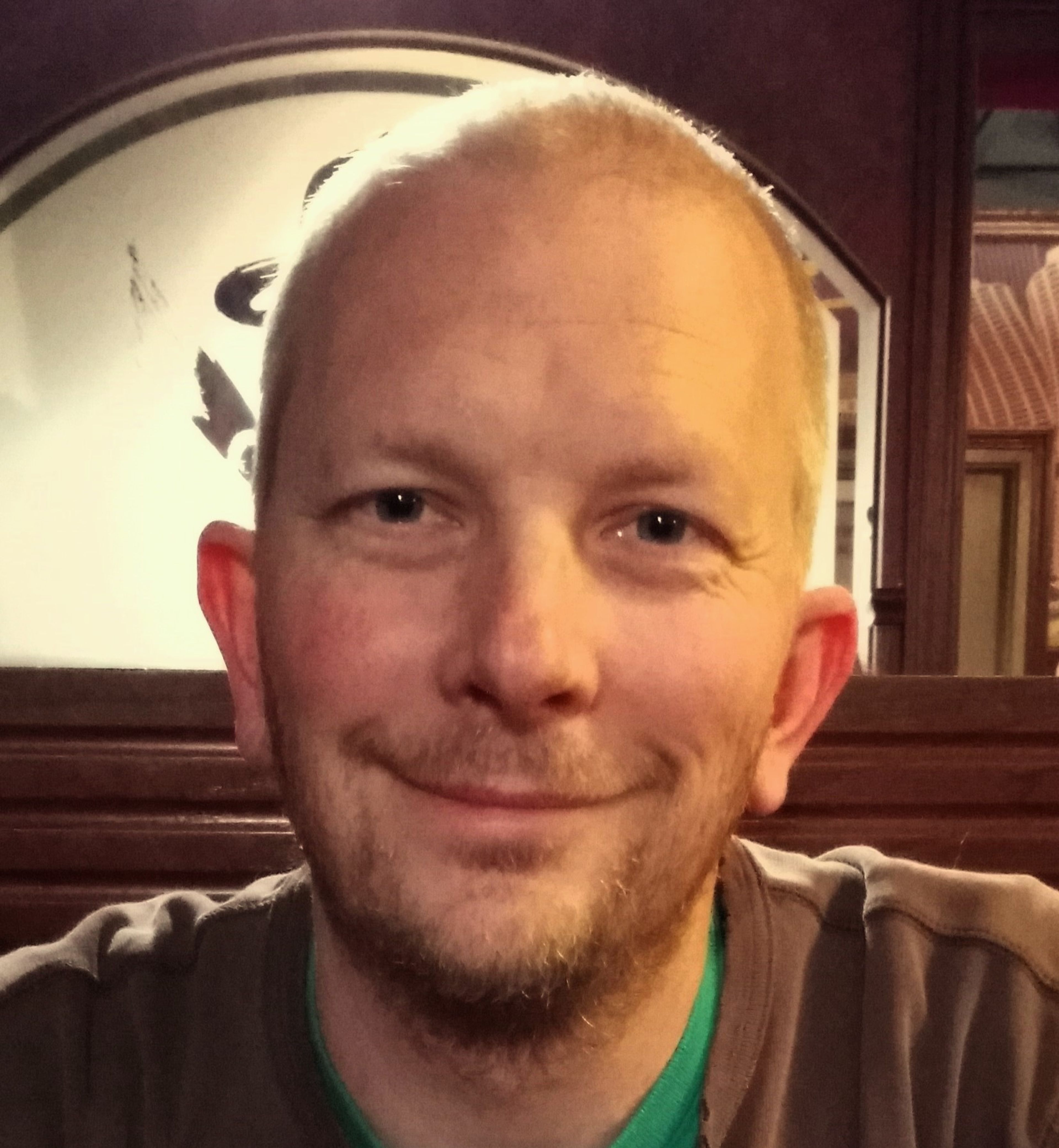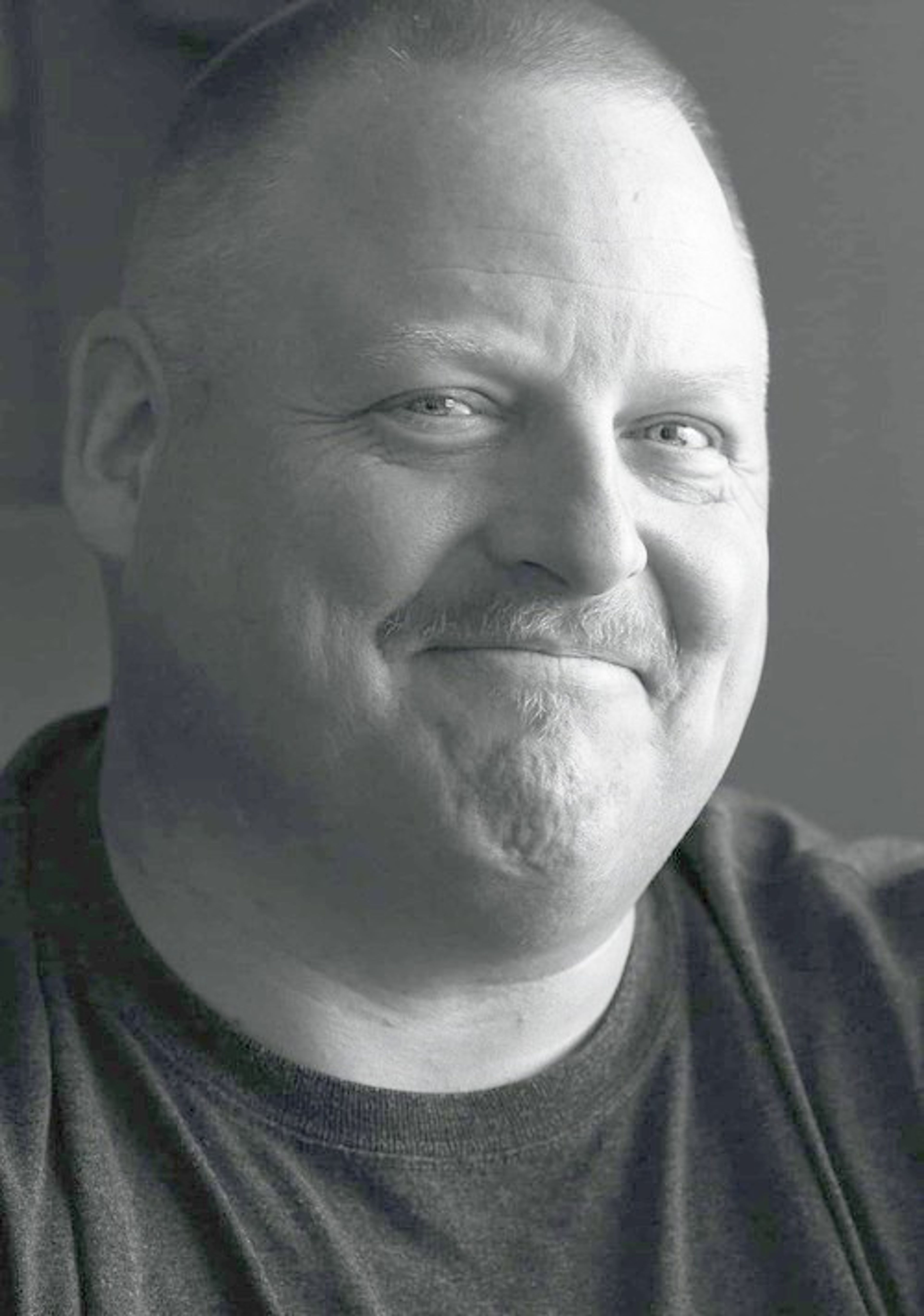It’s been obvious since at least the year 2000, when Robert Putnam published “Bowling Alone,” that America’s social fabric is fraying. The institutions and local organizations that once brought us together face-to-face with our neighbors have been largely replaced with flat-screen TVs, smartphones and social media. Yet, these satisfy our need for human connection about as well as pictures of food sate hunger. This is one reason people are so vicious online: We were promised connection and served algorithmically generated rage, division and advertising instead. The internet is to community what a greeting card is to true love ... or what pornography is to romance.
Our frustrated longing for community helps explain the current obsession with politics. Much of the energy behind MAGA comes from a desire for belonging, as does the liberal obsession with categorizing people by race, gender, sexuality and so on. Politics has filled the vacuum left by actual community and religion, roles it was never meant to fill and is strikingly bad at.
For one thing, politics is all about conformity and shallow, simplistic identities. Complex, multifaceted human beings don’t fit. For another, politics is inherently transactional and ignores inherent human worth. But most importantly, politics and the other places we now seek community fail to satisfy because they’re anonymous and artificial when a personal, authentic connection is what we seek.
Capitalism, too, fails to provide any community not premised on production and consumption. Even if you manage to succeed in this type of economy, the victory is hollow for its inability to fulfill deeper needs. In pursuit of material gain, we’ve built a society defined by anonymity, nihilism and isolation — the opposite of community — and traded our lives’ meaning for the illusion of security and the fleeting pleasures of material wealth.
If the systems that dominate our society — technology, politics, consumer capitalism — fail to meet our need for connection, what else is there? Apparently, the camaraderie borne of conflict — the “us” that only a sufficiently hateful “them” can provide.
Even those of us who claim to abhor the culture wars are often their most active participants. Perhaps we sense that the alternative of drifting passively through lives of empty consumerism would be worse than even futile conflicts. Having a righteous cause makes something as inane as curating a social media feed or leaving a snappy comment feel profoundly significant, at least momentarily. But it’s a far cry from the meaningful connections we need.
Among living things, humans are uniquely aware of our mortality and the insignificance it implies. As such, we must seek meaning and existential solace by pouring our lives into something bigger than ourselves — something more permanent and more significant, i.e., a community. Only there can we find the identity, purpose and belonging that make life worth living. In the words of writer Chuck Klosterman, “In and of itself, nothing really matters. What matters is that nothing is ever in and of itself.”
We need to get back to real-life socializing, whether that means joining community organizations, attending local events, getting back to church (I can recommend a really good one!), or just remembering how to strike up a conversation with a stranger. Moreover, we need to ensure that the communities we join are for something and not just against someone else. They need to provide a hopeful vision for the future and respect the worth and humanity of members and nonmembers alike. A healthy community brings out the best in us and holds without binding.
The anger driving the country apart is rooted in loneliness. Even conflict is better than isolation; I push on you because I need you to push me back. We’ve become like a couple that fights because even though they want to stay together they’ve forgotten any other way to connect. But the relationship is only truly over when we stop talking entirely. There’s hope in the fact that we continue to engage rather than turn away. It speaks to the longing in all of us, wherever we fall on the political spectrum, to reconnect. And, given the futility of our current path, we have nothing to lose by trying.
Urie is a lifelong Idahoan and graduate of the University of Idaho. He lives in Moscow with his wife and two children. You can find his writing online at Medium (hopeanyway.medium.com) or Substack (hopeanyway.substack.com). Or, you can email him at ryanthomasurie@gmail.com.








